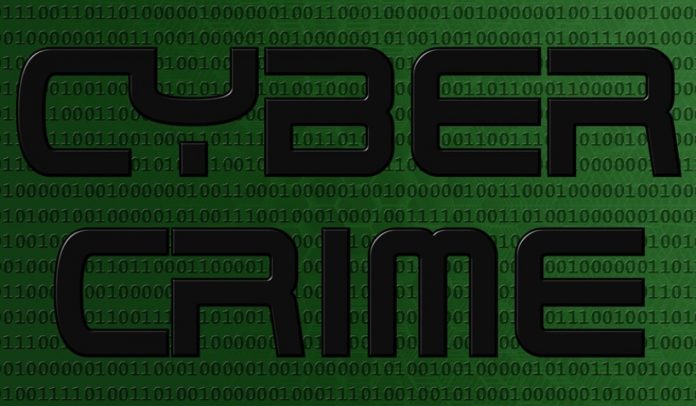Information and communication technology experts have called on the country’s regulatory agencies such as the National Insurance Commission (NAICOM), Nigerian Communications Commission (NCC), National Information Technology Development Agency (NITDA) and the Central Bank of Nigeria (CBN) to establish and enforce regulations and codes of conducts that will protect the nation and its citizens from losses due to cyber-attacks.
The experts who spoke recently at the Indo-Africa ICT Expo in Lagos, recently Charged the regulator proffer solutions to protect users of ICT products against cyber security attacks in the country.
Chief executive officer of Inlaks, Femi Adeoti was represented by the executive director, Infrastructure Business, Tope Dare, spoke on “Cyber Security, Perils, Protection and the Role of ICT highlighted some historic events that occurred in the cyberspace in 2017, citing the rise of Ponzi schemes, which promised spurious financial returns on investments and the recent Ransomware attack, the WannaCry which had negative consequences on over 150 countries including Nigeria.
Dare pointed out that the emergence of crypto-currency is a major threats to cyber security in the world today. He said, “Hackers use cryptocurrencies based on its anonymous nature of receiving and making payments and they attack the cryptocurrency exchanges by flooding them with requests, therefore, making it unusable.
“In 2018, there will be a continuous demand for cybersecurity services and functions for cybersecurity providers and the demand will come from small and large scale businesses.
As the demand for provider’s increases, request for technology talents would skyrocket locally and internationally, which may lead to the migration of skills outside Nigeria to the rest of Africa and the world.
“The use and promotion of effective cybersecurity regulations play a key role in reducing risks of cyber-attacks as such, the emergence of Society for Worldwide Interbank Financial Telecommunication (SWIFT), Customer Security Programme (CSP) and the European Union General Data Protection Regulation (GDPR) companies would mandate the various bodies in order not to fall victim to cyber-attacks”, he said.
He further affirmed that the country’s regulatory agencies such as the National Insurance Commission (NAICOM), Nigerian Communications Commission (NCC), National Information Technology Development Agency (NITDA) and the Central Bank of Nigeria (CBN) would need to establish and enforce regulations and codes of conducts that will protect the nation and its citizens from losses due to cyber-attacks.
In his presentation, director-general, ICT, Ekiti State, Toyin Olaniteru shared his thoughts on “securing data and protecting privacy” and averred that banks are the main targets for computer hackers and other thieves of electronic data. According to him rogue employees use swipe card skimmers to steal card numbers and related data from customers.
“The risk of losing customers’ data is critical and needs to be managed carefully. Banks and other companies are unprepared to deal with a serious data breach. While data security presents daunting challenges for most, there are basic steps that can be pursued to protect organizations against the worst cyber threats.
“Some of the banks apply due diligence when employing staff, and follow-up with employees can assist greatly in reducing the risks associated with data security breaches”, he said.
CEO of Halogen Security, Wale Olaoye who was represented by the director, Virtual Security and Strategic Market, Dayo Abegunde pointed out that everyone who owns a mobile phone, email address and password is prone to cyber security threat. To buttress his case, he referred to artificial intelligence, internet of things, mobile, social media and cloud computing as the game changers in the ICT world.
“While these are the game changers in today’s world, they also have their challenges. Everybody who has a mobile phone is susceptible to cyber security attack. The growing number of intelligent connected industrial and consumer devices has created new ways that intruders can gain access to network and data”.
Listing ways to overcome data breeches, Olaniteru said there is the need to encrypt data especially when dealing with customer account and personal information as well as certain categories of employee information.
He said data security protocols must be established for password protection, encryption, employee mobile devices, data placement on drives and laptop as well as continuous employee training and transfer.
“Data mapping is important to know what data your company has and on which of the systems the data is stored. The bank or any organisation must carry out diligence on employees, computer vendors etc as this will help ensure companywide compliance with security protocols”, he said.
Indo-Africa Expo panel session was focused on Security, IoT, e-Enable Services and Applications and was organised by Telecom Equipment & Services Export Promotion Council (TEPC) and National Association of Software and Services Companies (NASSCOM) in conjunction with IT and Telecom Summit.










